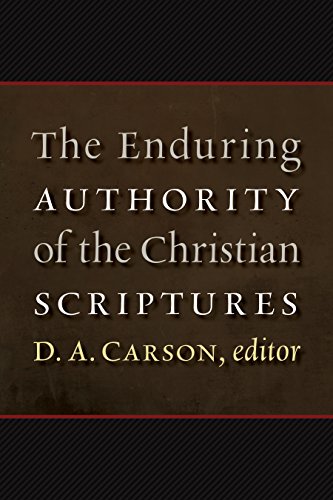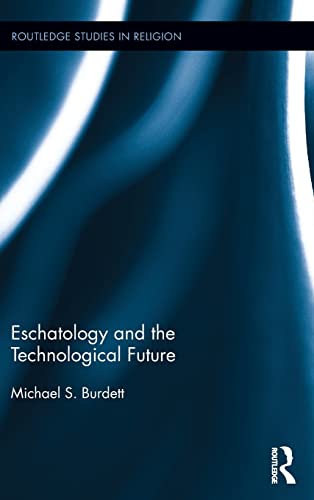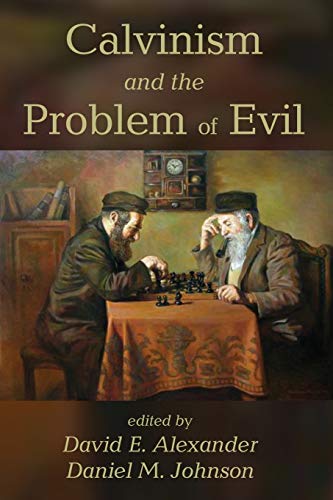The Rebirth of African Orthodoxy: Return to Foundations
Written by Thomas C. Oden Reviewed By Steven M. BryanWith the recent news of Thomas Oden’s death, it seems, sadly, that The Rebirth of African Orthodoxy will be Oden’s final work. Given the trajectory of his life and interests, perhaps it is fitting that it is a gift primarily for the churches of Africa.
Oden describes The Rebirth of African Orthodoxy as a sequel to The Rebirth of Orthodoxy: Signs of New Life in Christianity (New York: HarperCollins, 2002). The earlier work was penned for Western audiences and argued the thesis that many Christians across a gamut of traditions—Catholic, Orthodox, and Protestant—are experiencing revitalization through a rediscovery of the Christian tradition that emerged in the early Christian era. This, Oden argued, offers a solid foundation for a new ecumenism focused on the truth embedded in early Christian tradition over against the moribund and institutional ecumenism of the World Council of Churches and the unmoored theological commitments underpinning it. The fact that this “paleo-orthodoxy” had deep roots in Africa was not lost on Oden, who subsequently wrote How Africa Shaped the Christian Mind: Rediscovering the African Seedbed of Western Christianity (Downers Grove, IL: IVP Academic, 2007), where he called on a new generation of African scholars to re-engage with the early roots of African Christianity as the basis for African Christian identity.
This title of this present work does not imply a difference between orthodoxy and African orthodoxy. For Oden, orthodoxy is, in essence, African, i.e. the Christian tradition that emerged principally from North Africa in the first five centuries of the common era. Nor does Oden seek to offer a new thesis. Rather, Oden seeks to make practical his summons to African scholars to re-engage with early African Christianity by serving up a curriculum of ten “seminars.” Though the book is described as an international edition of The Rebirth of Orthodoxy, Oden reworks the content of the earlier book to highlight the African origins of the orthodoxy he believes is being reborn, not least in Africa. He has also re-packaged this material in order to be digested in group interaction out of an awareness that “learning in many parts of Africa is a social process” (p. 3). Very usefully, the book is being made available for free to African seminary students through a Kindle eBook loan program.
Three of Oden’s emphases require appraisal. First, Oden writes out of an urgent concern that Christianity in Africa eschew theological originality in favor of theological rootedness. For Oden, this concern is personal. He describes himself as someone who was once “in love with heresy” (p. 88) before experiencing a transformation under the influence of African Christian voices speaking before 400 AD. His explicit concern relates to the theological liberalism and its obsession with originality that led him astray in his younger years and has gained a footing in some quarters of Africa. But for many Christians in Africa, the threat of theological originality comes less from modernism and its theologies than from the myriad of self-styled prophets, apostles, and “wise men” now seducing vast crowds with claims of unique or anointed access to truth. Perhaps participants in these seminars would have been well-served had this latter threat been specified as the very real and present danger that it is.
Second, though Oden’s commendation of the African fathers is a welcome emphasis, perhaps some qualification would be in order. The theological views expressed by the early African fathers were by no means of one accord or equal in quality. Certainly, if the choice is between Augustine and Athanasius, on the one hand, and T. B. Joshua and David Oyedepo on the other, the preferred influence goes without saying. But perhaps the intended readers could benefit from some direction in avoiding the theological blind alleys that may be found in the fathers just as well as in later tradition. We benefit from following the fathers only to the extent that they were faithful to Scripture. Having taught students in Africa for nearly 25 years, I am always eager to point them to quality books written on the continent. But I never recommend the commentaries of the early African father Origen over those of, say, John Stott!
Third, for good and for bad, Christians did not stop doing theology after 400 A.D. Although foundations and roots can and should be found in early African Christianity, one wonders whether it alone can serve as the basis for the new ecumenicity for which Oden hopes. The problem is that the three major traditions represented on the continent—Catholic, Orthodox and Protestant—stand in the stream of developing theological traditions. In the case of the first two, the subsequent tradition developed over 1500 years is not simply an acknowledged influence but something to which they are ecclesiastically and theologically committed. I might wish that the Orthodox I know cherished Augustine, but the fact is that they do not. More importantly, because of their commitment to subsequent tradition, it is quite probable they cannot.
For its part, the evangelical Protestantism that is flourishing in Africa today is deeply indebted to the theological emphases of the Reformation. Evangelicals would not be well-served to surrender these or even de-emphasize them in order to focus more exclusively on the early African fathers. There are many riches to be gained from early African Christianity, but those riches mostly lie in the fields that were contested at that time (e.g., Trinitarianism, Christology). Shall we not also mine riches from fields that were contested in other times?
Despite these qualifications and questions, I remain quite convinced that Oden is on to something that augurs well for Christians in Africa. If, as Oden hopes, contemporary African Christianity sinks roots deep into the fertile soil of early African Christianity, it may yet flourish as its predecessor did for many centuries to come.
Steven M. Bryan
Steven M. Bryan
Trinity Evangelical Divinity School
Deerfield, Illinois, USA
Other Articles in this Issue
Gospel Differences, Harmonisations, and Historical Truth: Origen and Francis Watson’s Paradigm Shift?
by Frederik S. MulderClaiming to stand on the shoulders of the later Origen, in Gospel Writing: A Canonical Perspective, Francis B...
“For Your Sake We Are Being Killed All Day Long”: Romans 8:36 and the Hermeneutics of Unexplained Suffering
by David StarlingThis article explores the function of Paul’s citation from Psalm 44:22 within the rhetoric of Romans 8:31–39...
Many churches seem to have lost the art of singing lament...
Reflections on Handling the Old Testament as Jesus Would Have Us: Psalm 15 as a Case Study
by Dane C. OrtlundIn appreciation of the renaissance of christocentric and redemptive-historical hermeneutics and homiletics in our generation, this article selects an OT text, Psalm 15, that appears on the surface to be maximally resistant to a Christ-centered reading and preaching of Scripture...
This article examines the meaning of blessing as expressed in the structure and narratives of Genesis...







